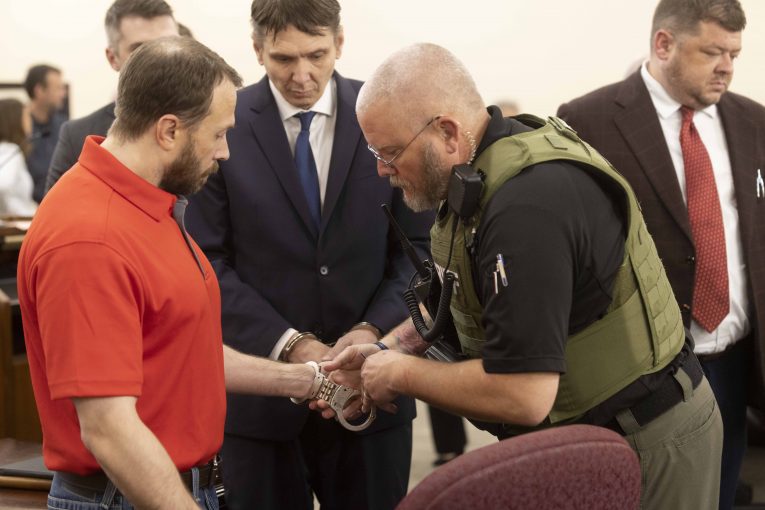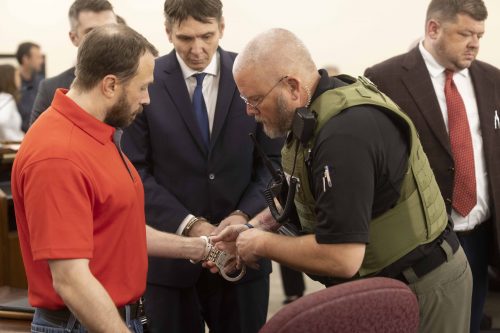

By Caleigh Carlisle and Citlalli Florez
NEW YORK, NY – The Innocence Project recently produced a report touting its 2022 victories on behalf of the wrongfully convicted people—the group notes it aims to exonerate the wrongfully convicted while eliminating the causes of wrongful convictions.
Over the course of the year, the IP team said they steadfastly continued to fight for systemic reform in the criminal justice system, while ensuring transparency and accountability in policing by focusing on the accuracy, reliability, and equity in the application of forensic science and technologies such as facial recognition.
This year the organization said it was able to pass 13 laws in nine states, with partners from the Innocent Network, a coalition of innocence organizations that are committed to reforming the criminal legal system, as well as system-impacted individuals, exonerated people, and other essential partners.
According to the organization, advocates across the country contacted local officials in support of the bills.
The report stated, “The commitment the innocence community has shown to changing laws to prevent injustice is profound and we have immense gratitude for their ongoing support and engagement.”
The Innocence Project also claims to have developed policies which have led to an increase in laws banning the deception of youth in order to coerce confessions. Five states, including California, have enacted these policies.
Based on a study, the report claims youth are vulnerable to falsely confessing under deception because of the brain not being fully developed until they are in their mid-20s. This includes parts of the brain responsible for decision making and judgment.
The National Registry of Exonerations, an organization that collects information regarding all known exonerations in the U.S., performed the study.
It found that of 268 exonerees who were wrongly convicted as minors, 34 percent of them falsely confessed. Only 10 percent of exonerees wrongfully convicted over the age of 18 falsely confessed.
The National Registry of Exonerations also reported that, since 1989, 37 percent of exoneration cases have involved police misconduct.
In response, the Innocence Project stated that it has collaborated with other advocates to pass a law in New Jersey that codified a police licensing program for all police officers. Under the new law, all officers must hold a valid, active license issued by the Police Training Commission.
Furthermore, the Innocence Project provided support to Oregon lawmakers establishing a police misconduct database. Under the new law, it’s required that within 10 days of all disciplinary proceedings, the law enforcement agency must report to the Department of Public Safety, Standards, and Training. As of this month, there are 562 reports in the database.
In Delaware, IP collaborated with its partners to pass a law mandating the recording of all custodial interrogations in an effort to prevent wrongful convictions based on false confessions. Twenty-nine other states, including California, also have laws requiring recordings of certain custodial interrogations.
The Innocence Project notes it has worked with lawmakers to pass the first compensation law in Oregon. Thirty-eight states, as well as the District of Columbia, have compensation laws which provide exonerees with financial restitution, immediate subsistence, and access to social services.
The Innocence Project said “justice demands that the [exoneree] be compensated for the harm suffered” and has said that “[s]tates should adequately and promptly provide justice and restoration to the wrongfully convicted through a standard, navigable, and just process” as soon as an individual is exonerated from prison.
The organization has also stated that they have used biological evidence and DNA technology to exonerate 194 inmates. Though biological evidence is crucial in proving innocence, both Indiana and Utah did not have laws requiring the preservation of this type of evidence.
The Innocence Project’s state policy advocates changed those laws, ensuring that crime scene evidence be properly preserved.




